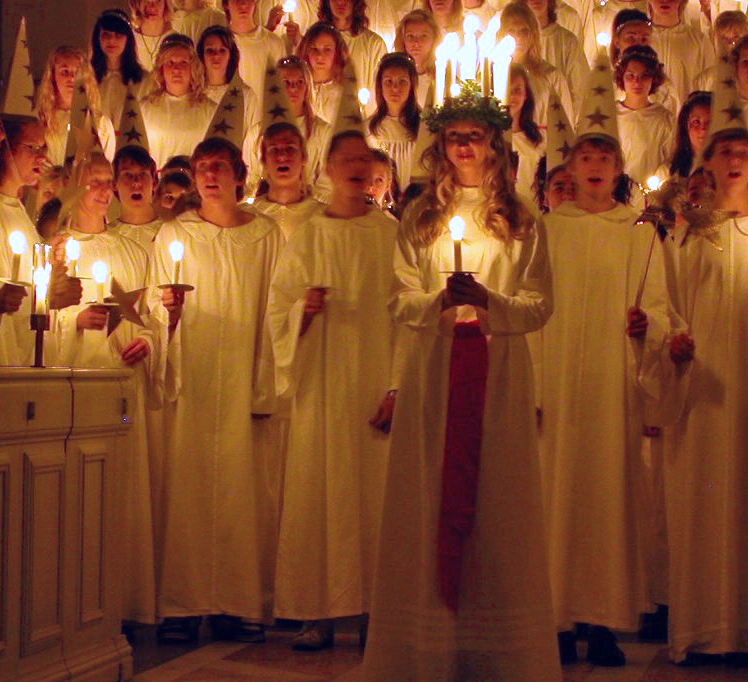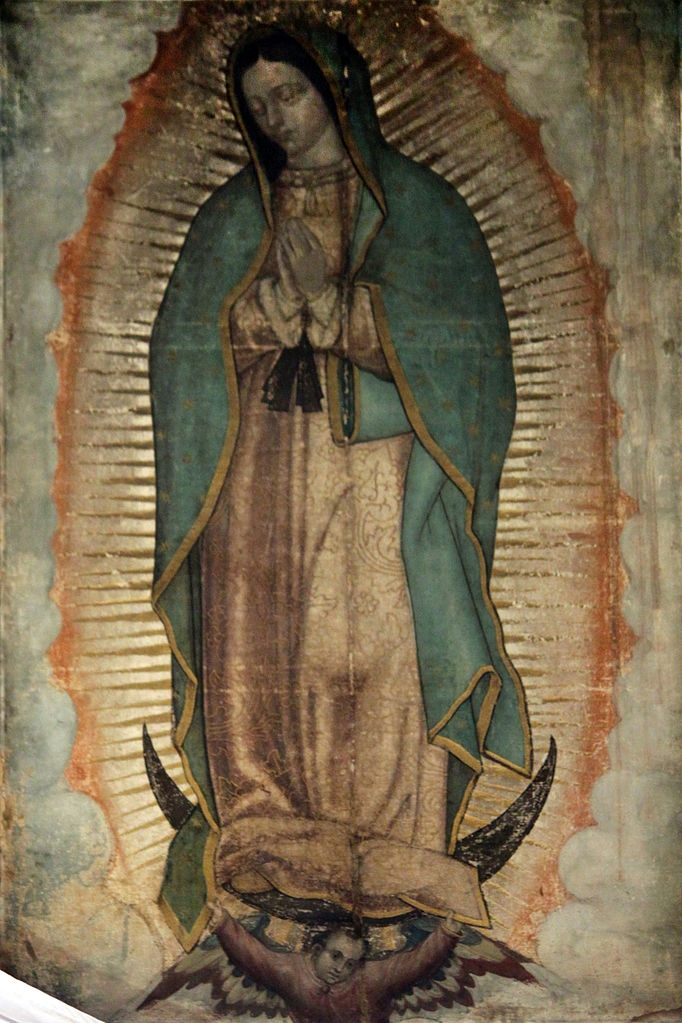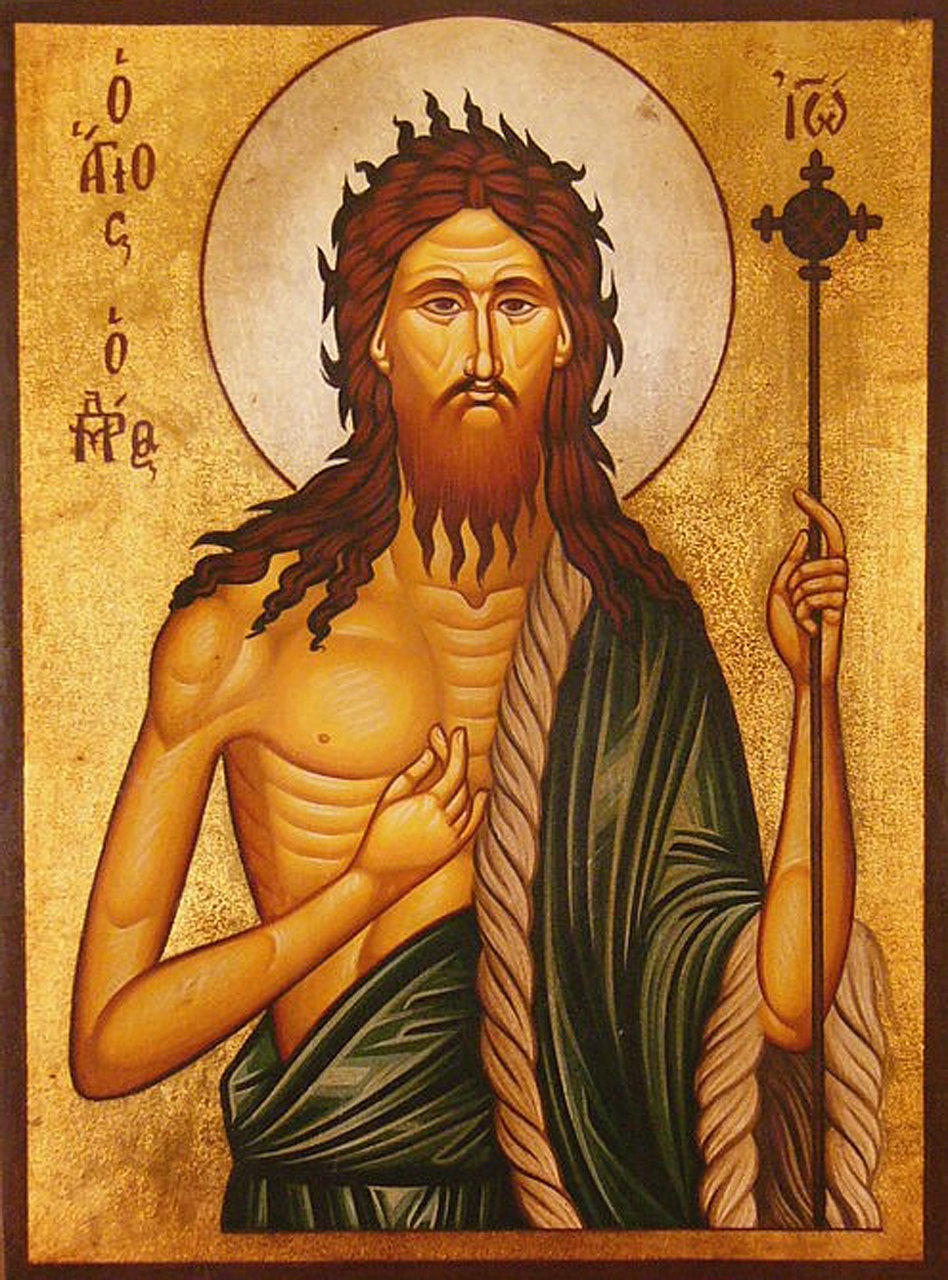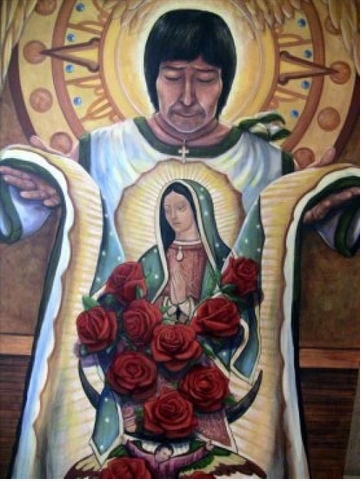These reflections are a result of more than 40 years of ministry as a Roman Catholic priest. Most of these years I spent in the Diocese of Charlotte which covers Western North Carolina. Now I am retired, and live in Medellín, Colombia where I continue to serve as a priest in the Archdiocese of Medellín.

Then Balaam gave voice to his oracle: I see him, though not now; I behold him, though not near:
A star shall advance from Jacob, and a staff shall rise from Israel. (Num 24:2-7, 15-17a)
https://bible.usccb.org/bible/readings/121321.cfm
Balaam’s prophecy sees the coming of the Messiah with the mention of a star, a detail that the gospel writer, Matthew, uses to great effect. Saint Lucy is one of the famous young women martyrs of the early church. Before the calendar reform in 1582, her feast day marked the winter solstice. Her feast day is especially celebrated in the northern countries.

Shout for joy, O daughter Zion!
Sing joyfully, O Israel!
Be glad and exult with all your heart,
O daughter Jerusalem!
The LORD, your God, is in your midst,
a mighty savior;
he will rejoice over you with gladness,
and renew you in his love,
he will sing joyfully because of you,
as one sings at festivals. (Zep 3:14-18a)
https://bible.usccb.org/bible/readings/121221.cfm
https://bible.usccb.org/bible/readings/121220.cfm
On this Third Sunday of Advent, the church, along with Saint Paul, invites us to “rejoice in the Lord always.” Today is also the feast of our Lady of Guadalupe, la Morenita, who appeared to Saint Juan Diego Cuauhtlatoatzin in 1531. The prophet Zephaniah proclaims that even God rejoices and sings “as one sings at festivals.”

As they were coming down from the mountain, the disciples asked Jesus,
“Why do the scribes say that Elijah must come first?” He said in reply, “Elijah will indeed come and restore all things;
but I tell you that Elijah has already come, and they did not recognize him but did to him whatever they pleased.
So also will the Son of Man suffer at their hands.”
Then the disciples understood that he was speaking to them of John the Baptist. (Mt 17:9a,10-13)
https://bible.usccb.org/bible/readings/121121.cfm
John the Baptist has always been considered the “herald”, the one who prepares the way of the Lord. Why is it that in Advent instead of RESTORING all things like Elijah and John the Baptist, we would rather PRESERVE things just as they are? Perhaps we may be a little too invested in this commercialized, cold, dog-eat-dog world.

The Son of Man came eating and drinking and they said,
‘Look, he is a glutton and a drunkard, a friend of tax collectors and sinners.’ (Mt 11:16-19)
https://bible.usccb.org/bible/readings/121021.cfm
The earliest memory the church has of the Eucharist is the eating and drinking with sinners. As Pope Francis reminds the church, the Eucharist is not the reward for good behavior, rather the Eucharist is medicine for the sick and the weak.

The afflicted and the needy seek water in vain,
their tongues are parched with thirst.
I, the LORD, will answer them;
I, the God of Israel, will not forsake them. (Is 41:13-20)
https://bible.usccb.org/bible/readings/120921.cfm
When God comes to the rescue of the afflicted and the needy, marvelous things happen—as in today’s feast of Saint Juan Diego Cuauhtlatoatzin. His name "Cuauhtlatoatzin" means "the one who speaks like an eagle." He received the visions of Our Lady of Guadalupe on the Tepeyac hill near the great city of Tenochtitlán (now Mexico City) beginning on December 9, 1531. After telling his story, more than 11 million indigenous people were baptized. He was canonized on July 31, 2002, the first indigenous saint of the Americas.



